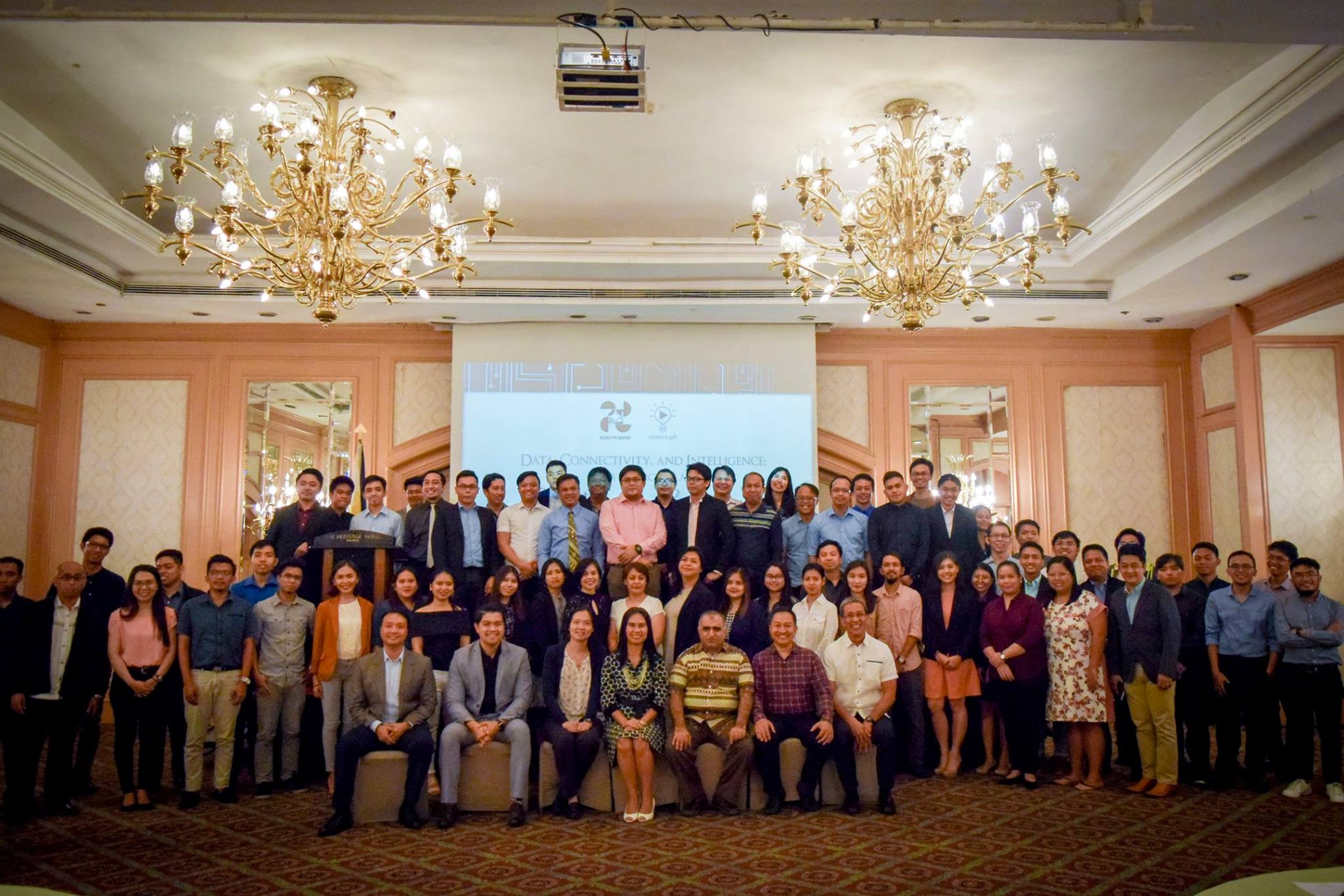
As data science becomes a permeating technology in industry, practicing professionals like Zito Relova was able to hone their talents even more through innovative learning programs that help them expand their skill set from the comfort of their own home and schedule. With the goal of further addressing this demand, the Department of Science and Technology - Philippine Council for Industry, Energy and Emerging Technology Research and Development (DOST-PCIEERD) has produced 141 data training graduates and is looking forward to training more to keep up with the market.
“Being a big believer in online courses, the training course provided me with a way to keep learning on my own time without the need to be physically present in a school,” shares Relova, a Batch 1 graduate of the training program. “The course was able to provide me with the opportunity to learn these other tools that I could integrate with my existing skill set. It also opened my mind to new ways of doing things.”
DOST-PCIEERD Executive Director Dr. Enrico C. Paringit expressed optimism that the newly-trained data scientists will be a big boost to government, academe, and industry as they can help in crafting data-driven decisions and policies that can help shape the economy.
“The new technologies we enjoy today generates, processes, and uses enormous amounts of data which if put into good use can help solve most of our problems. The data scientists we have trained can provide a newer perspective in terms of looking for solutions or responding to the call of the times,” he said.
The trainees went through the pioneering Learning at Scale training, which was done purely online in partnership with local start-up MOOCs PH, and offers the needed trainings developed by different international universities through Coursera.
“The best part of the experience for me is the flexibility of the program. It allows people to continue learning despite having other obligations in life. You don't have to plan your life around your education anymore, you can always learn in your own time,” says Relova. “In line with that is the accessibility of the program. Massive open online courses are very affordable and can be taken by anyone with an internet connection. In my experience with online courses, I have been fortunate to meet people from all walks of life who are very grateful for the opportunities that learning online has given them.”
“Skills in data science also intends to respond to local needs and demands for science-based solutions,” adds Paringit. “In order to cater to this, we need to grow our own talent pool and community of experts in the field who can help address these demands and bring up our global standing in terms of data analytics.”
The course consists of four modules, namely: (1) The Data Scientist’s Toolbox, (2) R Programming, (3) Getting and Cleaning Data, and (4) Exploratory Data Analysis. Apart from this, Coursera also offers an additional wave of learning tracks with further topics centering on data and its applications to studying trends, global movements, human behavior, and the like.
These 141 graduates were automatically accepted for the next four advanced courses of the entire data science track training program, allowing them to maximize what they have learned and applying them to real life situations and at work. The advanced courses tackled Modules 6-8 of the Data Science specialization by Johns Hopkins University.
“Data science in the Philippines is still very much in its infancy. Only a small percentage of people are familiar with the field. Despite this, there are actually a lot of people who want to break into data science but are just not sure how to do it,” adds Relova. “The training definitely helped me expand my skill set. As a data scientist, I had always used a specific set of tools for my work. I knew about the other tools that existed but never really taught myself how to use them.”
Paringit said that the data science training provides the government opportunities to be more innovative and improve services, building a community of skilled experts that can increase the country’s global competitiveness in the field.
“It’s not just data science as it is,” adds Paringit. “Matching the right talents with the right skills will enable us to address common needs of the Filipino: internet usage, speech and image recognition, fraud and risk detection, logistics, and so much more.”
Interested partner institutions and/or employers can get in touch with the training graduates through PCIEERD’s Human Resources and Institution Development Division (HRIDD) at This email address is being protected from spambots. You need JavaScript enabled to view it..
For more information and new updates on DOST-PCIEERD’s online learning modules, interested applicants may visit the Innovation Council’s official Facebook page at https://www.facebook.com/dostpcieerd or the official website at http://pcieerd.dost.gov.ph.



